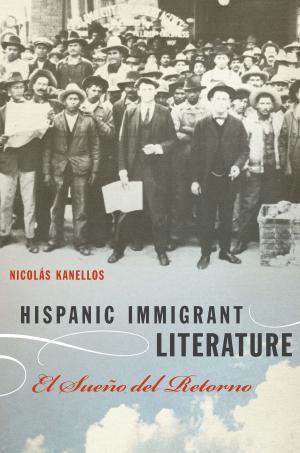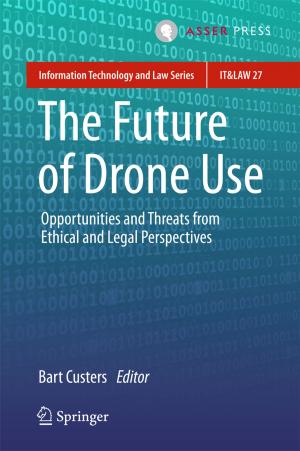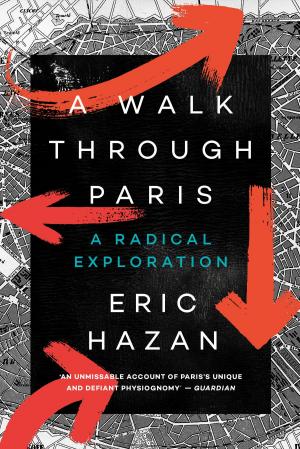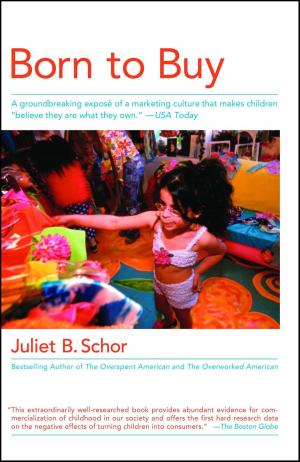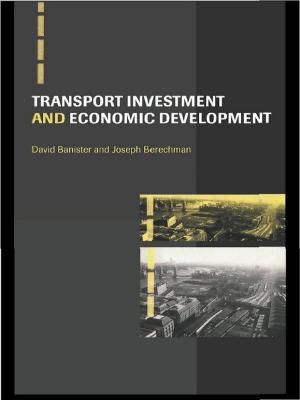Human Rights Voices of World's Young Activists
Nonfiction, Social & Cultural Studies, Political Science, Social Science| Author: | Amii Omara-Otunnu | ISBN: | 9781617508400 |
| Publisher: | Frontpage Publications | Publication: | May 1, 2012 |
| Imprint: | Frontpage Publications | Language: | English |
| Author: | Amii Omara-Otunnu |
| ISBN: | 9781617508400 |
| Publisher: | Frontpage Publications |
| Publication: | May 1, 2012 |
| Imprint: | Frontpage Publications |
| Language: | English |
This book captures a stage in the history of the struggle for human rights. The collection of essays encapsulates hopes and critiques of young activists from Armenia, Austria, Brazil, Cambodia, Costa Rica, Egypt, Italy, Kenya, Laos, Macedonia, Philippines, Uganda, United Kingdom, United States of America, and Venezuela, who are passionately engaged in fostering a world where more people can access human rights. Collectively, these articles tell us about contemporary understandings of who is considered to be human, who should have access to rights, what these rights are, and which entities are to be held responsible for ensuring all people have access to human rights. The discourse reflects its concern with the state of the world where interstate conflicts have not lessened, where, the range of weapons has indeed increased exponentially, ensuring that people not only experience direct effects of war and conflict, but also indirect repercussions including environmental degradation. Some of these essayists bring the issue of earth-care within the purview of a human rights framework. Equally important, the authors reflect a conceptual trend by bringing issues of food and well-being to the security discourse as well. What needs to be addressed, and the activists views especially on how we should go about attending to these gaps serve as an important marker of how much further we have to travel on this road in our struggle to realise human rights.
This book captures a stage in the history of the struggle for human rights. The collection of essays encapsulates hopes and critiques of young activists from Armenia, Austria, Brazil, Cambodia, Costa Rica, Egypt, Italy, Kenya, Laos, Macedonia, Philippines, Uganda, United Kingdom, United States of America, and Venezuela, who are passionately engaged in fostering a world where more people can access human rights. Collectively, these articles tell us about contemporary understandings of who is considered to be human, who should have access to rights, what these rights are, and which entities are to be held responsible for ensuring all people have access to human rights. The discourse reflects its concern with the state of the world where interstate conflicts have not lessened, where, the range of weapons has indeed increased exponentially, ensuring that people not only experience direct effects of war and conflict, but also indirect repercussions including environmental degradation. Some of these essayists bring the issue of earth-care within the purview of a human rights framework. Equally important, the authors reflect a conceptual trend by bringing issues of food and well-being to the security discourse as well. What needs to be addressed, and the activists views especially on how we should go about attending to these gaps serve as an important marker of how much further we have to travel on this road in our struggle to realise human rights.



